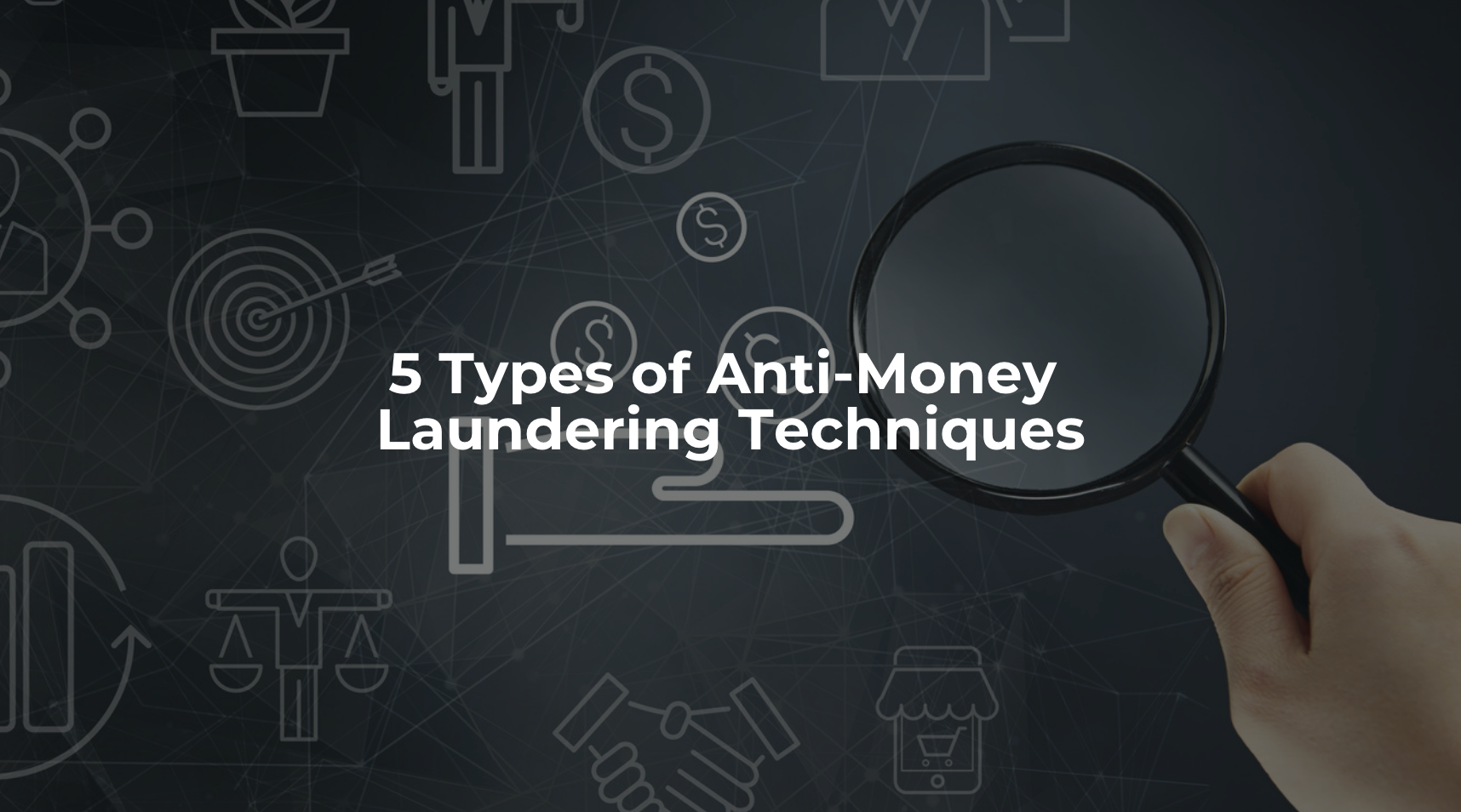Understanding VASPs
What is VASPs?
Virtual Asset Service Providers (VASPs) are entities that facilitate the exchange, storage, and management of virtual assets. These intermediaries bridge the gap between traditional financial systems and the decentralized world of cryptocurrencies. VASPs include cryptocurrency exchanges, wallet providers, and other platforms that enable users to interact with virtual assets.
As intermediaries, VASPs perform crucial functions, such as executing transactions, verifying identities, and ensuring compliance with regulatory requirements. Their role extends beyond mere facilitation; they act as gatekeepers, safeguarding the integrity of the virtual asset ecosystem.
Different Types of Virtual Assets
Virtual assets encompass a wide range of digital representations of value that can be transferred, traded, or used for payment. The most well-known type of virtual asset is cryptocurrency, with Bitcoin and Ethereum being the most prominent examples. Cryptocurrencies operate on decentralized networks using blockchain technology, which ensures transparency and security in transactions.
In addition to cryptocurrencies, there are other types of virtual assets, such as tokens. Tokens can represent a variety of assets, including utility tokens, which provide access to specific services or products within a blockchain ecosystem, and security tokens, which represent ownership in an underlying asset, such as shares in a company or real estate.
The diversity of virtual assets highlights the need for VASPs to have a comprehensive understanding of the different types of digital assets they handle. This knowledge is essential for ensuring compliance with regulatory requirements, such as the FATF Travel Rule, and for providing effective services to their clients.
The FATF Travel Rule
Understanding the FATF Travel Rule Requirements for VASPs
The Financial Action Task Force (FATF), an international standard-setting body, introduced the Travel Rule to enhance anti-money laundering (AML) and counter-terrorism financing (CTF) efforts within the virtual asset space. Here’s a detailed breakdown of the FATF Travel Rule requirements for VASPs:
Information Sharing Between VASPs: When a VASP initiates a virtual asset transfer on behalf of a customer, it must share specific transaction details with the receiving VASP. Required information includes sender and recipient details, transaction amount, and originator’s identity.
Secure Communication Protocols: VASPs must establish secure channels for transmitting transaction data. Encryption and authentication mechanisms are crucial to protect sensitive information.
Record Keeping and Retention: VASPs must maintain accurate records of transactions, including the shared information. These records aid in AML investigations and audits.
Challenges Faced by VASPs in Implementing the Rule
Implementing the FATF Travel Rule presents several challenges:
Technical Complexity: Developing secure communication protocols and ensuring interoperability across VASPs can be intricate.
Privacy Concerns: Balancing transparency with user privacy is a delicate task.
Cross-Border Compliance: VASPs operating globally must navigate varying regulatory landscapes.
In the next section, we explore compliance strategies to help VASPs meet these obligations effectively.
Compliance Strategies
To effectively navigate the FATF Travel Rule obligations, Virtual Asset Service Providers (VASPs) must adopt a range of best practices. These strategies not only ensure compliance but also enhance the overall security and trustworthiness of their services.
Secure Communication Protocols
One of the primary requirements of the FATF Travel Rule is the secure transmission of transaction information between VASPs. To achieve this, VASPs should:
Implement End-to-End Encryption: Ensure that all data transmitted between VASPs is encrypted to prevent unauthorized access and tampering.
Use Secure APIs: Develop and utilize secure Application Programming Interfaces (APIs) for data exchange. These APIs should be designed to handle sensitive information securely and efficiently.
Adopt Blockchain Technology: Leverage blockchain's inherent security features to create immutable records of transaction data. This can enhance transparency and traceability while ensuring data integrity.
Data Privacy Considerations
Balancing compliance with the FATF Travel Rule and protecting customer privacy is crucial. VASPs should:
Minimize Data Collection: Collect only the information required by the FATF Travel Rule to reduce the risk of data breaches and ensure compliance with data protection regulations.
Implement Robust Data Security Measures: Use advanced security technologies, such as multi-factor authentication and intrusion detection systems, to protect stored data.
Regularly Audit Data Practices: Conduct regular audits of data collection, storage, and sharing practices to ensure ongoing compliance with both the FATF Travel Rule and data protection regulations like GDPR.
Interoperability Solutions for Cross-Border Transactions
Given the global nature of virtual asset transactions, interoperability between different VASPs is essential for effective compliance. To address this, VASPs should:
Adopt Industry Standards: Participate in industry initiatives to develop and adopt standardized protocols for data sharing. Standards such as the InterVASP Messaging Standard (IVMS101) can facilitate seamless communication between VASPs.
Collaborate with Other VASPs: Engage in partnerships and collaborations with other VASPs to establish common practices and protocols for data exchange. This can help create a more cohesive and compliant virtual asset ecosystem.
Leverage Compliance Platforms: Utilize third-party compliance platforms that offer interoperability solutions. These platforms can act as intermediaries, ensuring that transaction information is securely and accurately shared between VASPs across different jurisdictions.
By implementing these best practices, VASPs can effectively navigate the complexities of the FATF Travel Rule, ensuring compliance while maintaining the security and privacy of their customers' data. This proactive approach not only mitigates regulatory risks but also enhances the overall trust and reliability of the virtual asset ecosystem.
TrustDecision's KYC++
As Virtual Asset Service Providers (VASPs) strive to comply with the FATF Travel Rule and other regulatory requirements, implementing robust Know Your Customer (KYC) processes becomes essential. TrustDecision's KYC++ offers an advanced, comprehensive solution designed to enhance due diligence, improve risk assessment, and prevent fraud. Here’s how TrustDecision's KYC++ can help VASPs meet their compliance and security needs:
Enhanced Due Diligence Techniques
TrustDecision's KYC++ goes beyond basic identity verification by incorporating enhanced due diligence techniques. These techniques include:
Deep Background Checks: Conduct thorough background checks on customers to identify any potential risks or red flags. This includes screening against global watchlists, sanctions lists, and adverse media.
Behavioral Analysis: Monitor and analyze customer behavior to detect unusual or suspicious activities. This helps in identifying potential money laundering or terrorist financing activities early on.
Real-Time Risk Assessment
One of the standout features of TrustDecision's KYC++ is its ability to perform real-time risk assessments. This involves:
Dynamic Risk Scoring: Assign risk scores to customers based on various factors, such as transaction history, geographic location, and behavioral patterns. This allows VASPs to prioritize high-risk cases for further investigation.
Continuous Monitoring: Continuously monitor customer activities and update risk scores in real-time. This ensures that VASPs can respond promptly to any changes in risk levels.
Identity Verification Using Biometrics and Blockchain
TrustDecision's KYC++ leverages cutting-edge technologies to enhance identity verification processes:
Biometric Authentication: Use biometric data, such as facial recognition and fingerprint scanning, to verify customer identities. This adds an extra layer of security and reduces the risk of identity fraud.
Blockchain Technology: Utilize blockchain's immutable ledger to store and verify identity information securely. This ensures data integrity and provides a transparent audit trail for regulatory compliance.
Fraud Prevention Measures
Preventing fraud is a critical aspect of TrustDecision's KYC++ solution. Key measures include:
Advanced Fraud Detection Algorithms: Employ sophisticated algorithms to detect and prevent fraudulent activities. These algorithms analyze patterns and anomalies in transaction data to identify potential fraud.
Multi-Layered Security: Implement multiple layers of security, including encryption, multi-factor authentication, and intrusion detection systems, to protect customer data and prevent unauthorized access.
Collaborative Intelligence: Share intelligence and insights with other VASPs and regulatory bodies to stay ahead of emerging fraud trends and threats.
By integrating TrustDecision's KYC++ into their operations, VASPs can significantly enhance their compliance frameworks, reduce fraud risks, and build stronger trust with their customers. This advanced KYC solution not only helps VASPs meet regulatory requirements but also positions them as leaders in the secure and compliant management of virtual assets.
Fighting Fraud Through Robust KYC
In the dynamic and often volatile world of virtual assets, combating fraud is a top priority for Virtual Asset Service Providers (VASPs). TrustDecision's KYC++ offers a robust framework that VASPs can leverage to identify and prevent fraudulent activities, thereby ensuring the integrity and security of their operations. Here’s how KYC++ can be instrumental in fighting fraud:
Identifying Suspicious Transactions
One of the core functionalities of TrustDecision's KYC++ is its ability to identify suspicious transactions in real-time. This is achieved through:
Advanced Analytics: Utilize machine learning algorithms and data analytics to scrutinize transaction patterns and detect anomalies. These advanced tools can flag transactions that deviate from a customer's typical behavior, indicating potential fraud.
Behavioral Monitoring: Continuously monitor customer activities to identify unusual behaviors, such as rapid transfers of large sums or transactions involving high-risk jurisdictions. This proactive approach helps in early detection of fraudulent activities.
Automated Alerts: Generate automated alerts for transactions that meet predefined risk criteria. This ensures that suspicious activities are promptly brought to the attention of compliance teams for further investigation.
Preventing Money Laundering and Illicit Activities
TrustDecision's KYC++ is designed to help VASPs prevent money laundering and other illicit activities by implementing comprehensive due diligence and monitoring processes:
Enhanced Due Diligence: Conduct thorough background checks and continuous monitoring of high-risk customers. This includes screening against global watchlists, sanctions lists, and adverse media to ensure that VASPs are not inadvertently facilitating illicit activities.
Transaction Screening: Screen transactions against known risk indicators and red flags associated with money laundering. This includes monitoring for structuring (smurfing), rapid movement of funds, and transactions involving high-risk countries.
Regulatory Reporting: Ensure timely and accurate reporting of suspicious activities to relevant regulatory authorities. TrustDecision's KYC++ can automate the generation of Suspicious Activity Reports (SARs), streamlining the compliance process.
Strengthening Customer Trust and Confidence
Implementing robust KYC processes not only helps in fraud prevention but also strengthens customer trust and confidence in VASPs:
Transparent Processes: By adopting transparent and secure KYC processes, VASPs can demonstrate their commitment to regulatory compliance and customer protection. This transparency builds trust and reassures customers that their assets are in safe hands.
Enhanced Security: The use of biometric authentication and blockchain technology in TrustDecision's KYC++ enhances the security of customer data. This reduces the risk of identity theft and fraud, further boosting customer confidence.
Customer Education: Educate customers about the importance of KYC processes and how they contribute to a safer virtual asset ecosystem. Informed customers are more likely to appreciate and support the measures taken to protect their assets.
By leveraging TrustDecision's KYC++, VASPs can create a secure and compliant environment that not only meets regulatory requirements but also fosters trust and confidence among their customers. This proactive approach to fraud prevention is essential for maintaining the integrity and reputation of VASPs in the rapidly evolving virtual asset landscape.
Conclusion
In the dynamic landscape of virtual assets, Virtual Asset Service Providers (VASPs) stand at the forefront of innovation and financial inclusion. Their role extends beyond mere transaction facilitation; they shape the future of digital finance. Let’s recap the key takeaways:
- VASPs as Catalysts: VASPs bridge the gap between traditional financial systems and the decentralized world of virtual assets. Their services empower individuals and businesses to participate in the global economy, transcending geographical boundaries.
- The FATF Travel Rule Imperative: The FATF Travel Rule underscores the need for transparency and accountability within the virtual asset ecosystem. Compliance with these requirements ensures a safer, more resilient financial infrastructure.
- KYC++ as a Shield Against Fraud: TrustDecision’s advanced KYC++ process equips VASPs with powerful tools. By identifying suspicious activities, preventing money laundering, and enhancing user trust, VASPs contribute to a secure digital environment.
In summary, VASPs play a pivotal role in shaping the financial landscape of tomorrow. As they navigate regulatory challenges and embrace robust compliance practices, they pave the way for a more inclusive, efficient, and trustworthy financial ecosystem.

.jpeg)




.jpeg)
.jpeg)
.jpeg)





